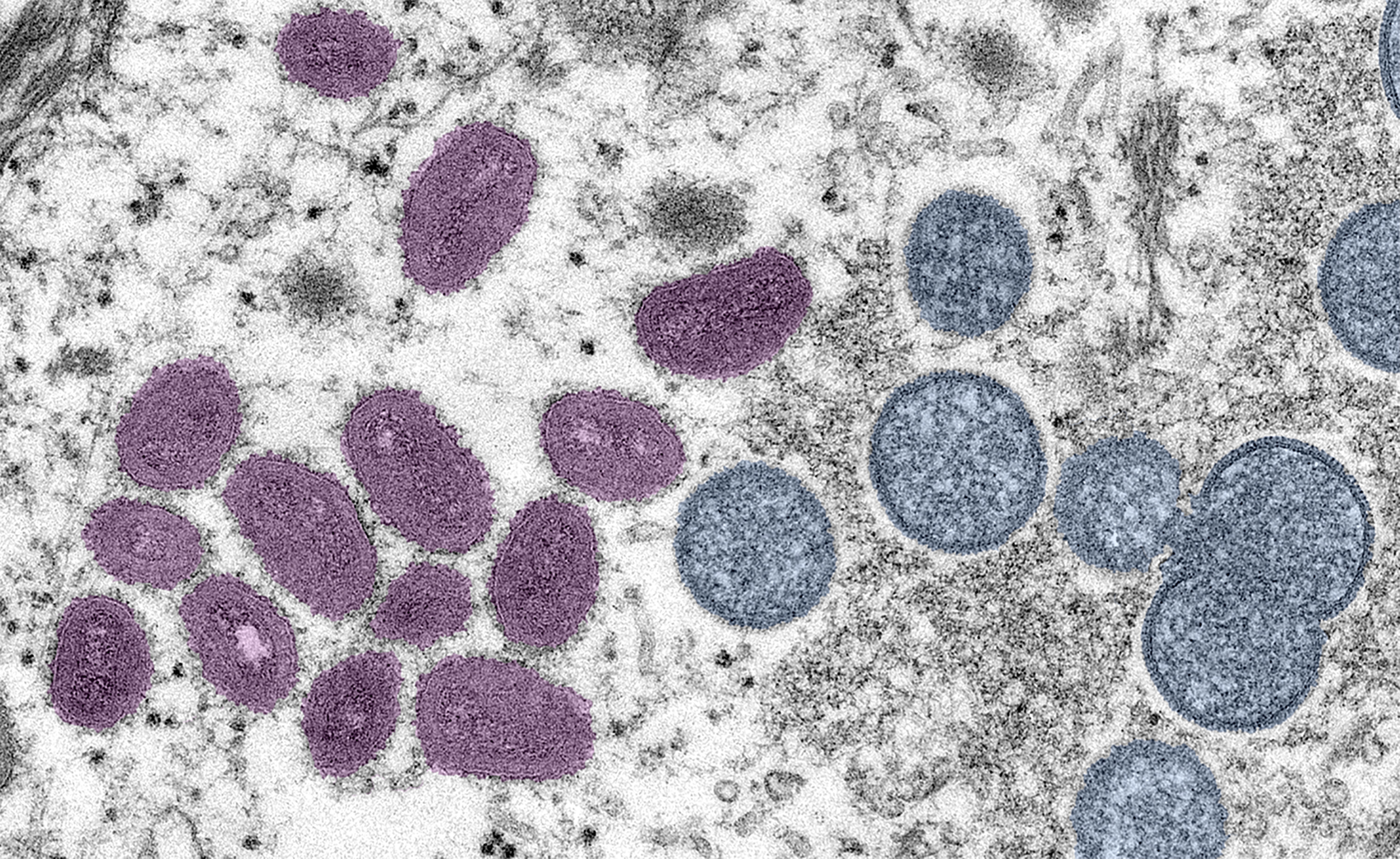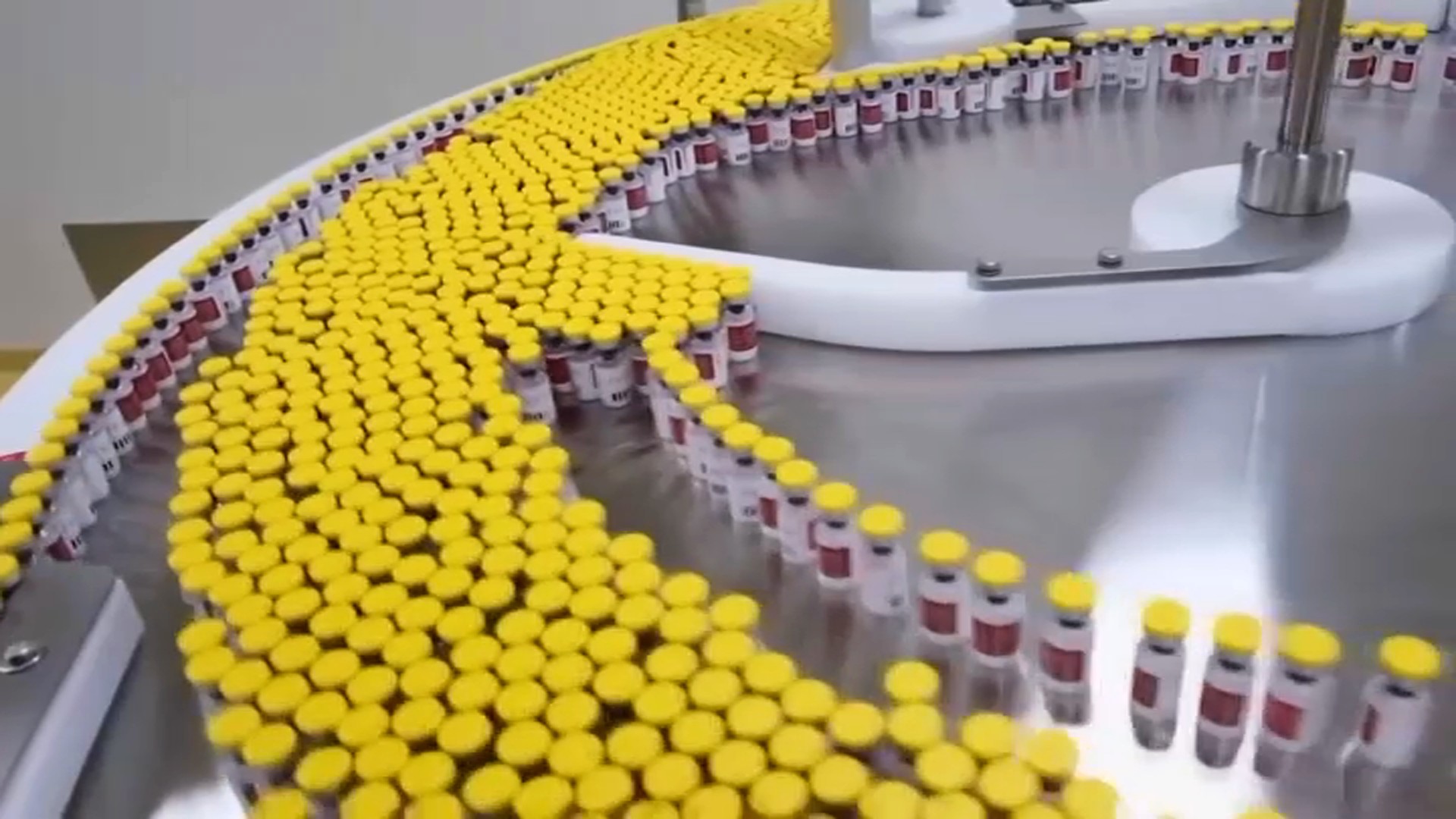What to Know
- NYC Mayor Eric Adams issued an executive order declaring a local state of emergency in response to the monkey outbreak, as the five boroughs have become the epicenter of another health crisis
- NYC has reported nearly 1,500 cases to date and now accounts for more than 28% of the largest-ever U.S. outbreak of the disease, which is typically confined to the African continent
- A citywide public health emergency for monkeypox is also in effect, while both state and public health emergency orders were issued by New York. Gov. Kathy Hochul and the state Department of Health
New York City declared a local state of emergency in response to the ballooning monkeypox outbreak on Monday, with Mayor Eric Adams signing the latest in a series of executive orders as efforts intensify to stem the tide.
It shouldn't come as a surprise. As of Monday, New York City has reported 1,472 monkeypox cases, a widely believed well-underreported number that accounts for 28% of the CDC's also likely underreported 5,189 national case count.
"We are continuing to see the numbers rise. This order will bolster our existing efforts to educate, vaccinate, test, and treat as many New Yorkers as possible and ensure a whole-of-government response to this outbreak," Adams, a Democrat, said in part. "In partnership with federal, state, and local officials we will continue to respond with the urgency required to keep people safe and this order is another tool to help us do so."
Get Tri-state area news and weather forecasts to your inbox. Sign up for NBC New York newsletters.
The health department also launched a new monkeypox data page, charting daily cases since the NYC outbreak began in June and breaking out the demographics by borough, age, gender and other factors. For those wondering, Manhattan far and away holds the most cases of any borough (562), more than a third of the known citywide total, and only three cases identify as women. People aged 30 to 39 account for more than a third of the known total, though more parity appears to exist from a racial/ethnic perspective: a bit more than a quarter are white, while a quarter are Latino and a fifth are Black.
A citywide public health emergency over the still-spreading disease took effect Saturday, a day after Gov. Kathy Hochul's administration issued both state and public health emergency orders for monkeypox.
If that feels redundant, it's not.
By federal regulation, public health emergencies may be warranted when a) a disease or disorder presents a critical public health threat or b) that a public health emergency, including significant outbreaks of infectious diseases or bioterrorist attacks, otherwise exists. They can be issued at local, state and federal levels. States of emergency can, too.
State-issued emergency orders supersede local ones, and federal ones supersede state, but in the event of viable legal challenges or no superseding protections, local emergency orders empower municipalities like New York City to adapt to the threat more aggressively and in a more all-encompassing manner.
States of emergency essentially drastically expand access to aid for a crisis -- in this case, allowing New York to get more monkeypox vaccine doses faster and seek additional state and federal assistance via funding, personnel or other means. They also allow governments to suspend local laws and enact rules as needed to curb the threat, monkeypox in this case.
Public health emergency orders are issued by departments of health and allow governments to amend health code provisions to implement measures like the still-in-effect COVID mandates to curb viral spread. The source of the order, the health department versus the governor's office, is critically important from a legal perspective.
That's the reason former Mayor Bill de Blasio was adamant his citywide worker vaccine mandate would hold up when federal ones did not. There is a "legal right of the health commissioner to keep the people of this city safe," de Blasio and his counsel said in December when he announced that mandate.
The declarations last through the emergency or for 90 days unless they are extended.
At the state level, Hochul's emergency declaration also allows more healthcare professionals to administer monkeypox vaccines. Groups like EMS, pharmacists and midwives who aren't typically permitted to administer vaccinations can do so to expedite access as was done with COVID earlier in the pandemic. It facilitates re-supply efforts as well.
Only three U.S. states -- Vermont, Wyoming and Montana -- have yet to report a monkeypox case to the CDC. That doesn't mean the disease isn't spreading, though.
Last week, Dr. Anthony Fauci called the outbreak a "serious problem" . He said the White House was considering creating a monkeypox coordinator role similar to its COVID one to streamline response, distribution and other outreach efforts.
MONKEYPOX IN NYC
How to Prevent Monkeypox
The New York State Department of Health listed steps people should take in order to help prevent the spread of monkeypox:
• Ask sexual partners whether they have a rash or other symptoms consistent with monkeypox.
• Avoid skin-to-skin contact with someone who has a rash or other monkeypox-related symptoms.
• Contact a healthcare provider following exposure or symptoms, and check with your local county health department about vaccine eligibility.
• New Yorkers who receive the JYNNEOS vaccine should receive both doses, given four weeks apart, and stay vigilant until fully vaccinated, two weeks following the second dose.
• If you or your healthcare provider suspect you may have monkeypox, isolate at home. If you can, stay in a separate area from other family members and pets.
• Follow reputable sources of health information, including NYSDOH, CDC, and your local county health department.




